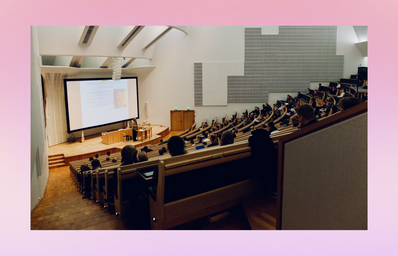If I asked you to name as many philosophers in history as you could, how many female philosophers would you be able to list off? This was what my philosophy professor asked me and my classmates to start off our very first day. I don’t know why I was shocked to come to the realization that I didn’t know any. But why is that? Surely if they had had an impact as major as Plato or Socrates, I would know their names… right?
On the second day of class, my professor assigned us an article to read by Maks Sipowicz, titled, “35 Brilliant Women from the History of Philosophy”. I found this article fascinating. Sipowicz discusses 35 women in philosophy and what they accomplished. Did you know that Juana Inez de la Cruz was a philosopher who spoke out for women’s educational rights? Or that Murasaki Shikibu was a philosopher and a novelist who discussed politics and women in society? Or Françoise d’Aubigné, who was married to King Louis XIV of France, who after his death she went on to create a school for the daughters of those in need? I did not. These women I just listed off are just three of many, and their contributions were great. I was frustrated after learning about them because I didn’t know why I hadn’t heard of them before.
Reading about these amazing women sent me spiraling, wondering how many other women’s names from history I didn’t know. An article by Smithsonian Magazine claims that for every 3 men, only one woman is taught to students in terms of historical figures in the year of 2017. Professors need to teach female figures in classes more often for many reasons.
Teaching women in classes:
- Brings up conversations about equality
- Shows young women their voices and opinions matter and that they, too, can make a difference
- Gives those historical figures credit where it is due
There are so many other important reasons that women should be taught in history, but those are just a few. And female historical figures should not just be taught and discussed during Women’s History Month in March, but should be taught at all times, to all audiences. I encourage you to do research of your own and to look up important women in history that got covered with the names of men. Their contribution to history deserves credit, too!


